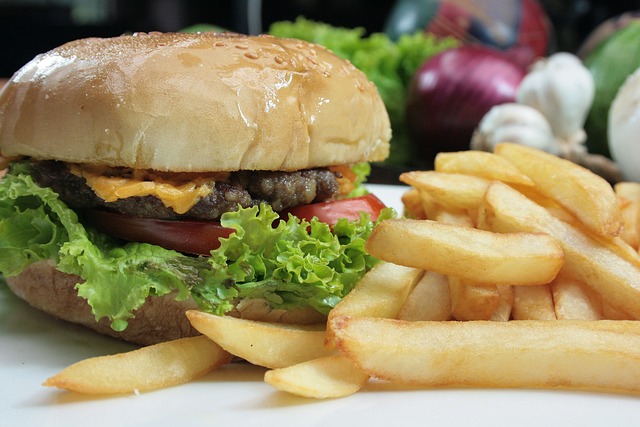It is not uncommon for individuals to seek comfort in a forkful of warm pasta, a delightful serving of ice cream, or the crunchy satisfaction of potato chips after a stressful day, which can provide a sense of relief. Food can serve as more than mere sustenance, and indulging in heavier meals or additional snacks, even when not necessarily hungry, is a completely natural human reaction.
If emotional eating during times of stress is hindering your wellness goals on a consistent basis, seeking guidance from a professional on how to cease stress eating would be the best course of action.
According to Christine Celio, Ph.D., who heads the psychology department at the Calibrate telemedicine startup, stress eating happens when your body is experiencing stress or hyperarousal, resulting in tense muscles, shortness of breath, and perhaps fatigue.
According to her, emotional eating encompasses a broader range of situations, such as consuming food due to stress, anxiety, depression, sadness, nervousness, boredom, or even to commemorate a positive event.
According to Cara Harbstreet, M.S., R.D., L.D., owner of Street Smart Nutrition, stress eating is typically triggered by an event or circumstance that leads individuals to find solace in food, ultimately causing distress to the person. Such behavior can negatively impact nutrient intake, strain budgets, and limit food options.
According to Celio, the initial step to address stress-induced overeating is to be mindful. By taking your time to recognize when you consume unhealthy foods, it allows you to evaluate why you opted for them and your emotional state.
She advises to pay attention to whether our hunger is genuine or we just have a desire to eat, and to consider how our day or mindset is affecting our eating habits. Recognizing the underlying cause of our behavior will aid in determining the appropriate course of action.
According to Harbstreet, it is important to treat yourself with kindness when dealing with emotional eating. As a human being, you are entitled to feel the gamut of emotions, such as stress, frustration, anger, fear, and so on. Although it may not be pleasant to confront these emotions, with practice, you can improve how you cope with them.
According to Celio, if you find yourself binge-eating – a condition characterized by consuming large quantities of food when not hungry, coupled with a sense of losing control, and feelings of guilt, shame, or depression – or if you resort to purging or excessive exercise to deal with overeating, it is advisable that you seek assistance from a mental health expert who can provide necessary support.
1. Grab a glass of water
While it may seem like a cliche, Celio suggests that consuming a full glass of unadorned water can be an advantageous starting point in reducing stress. As a matter of fact, a considerable number of individuals do not consume sufficient water, causing them to misinterpret symptoms of thirst or overwhelming stress as hunger.



